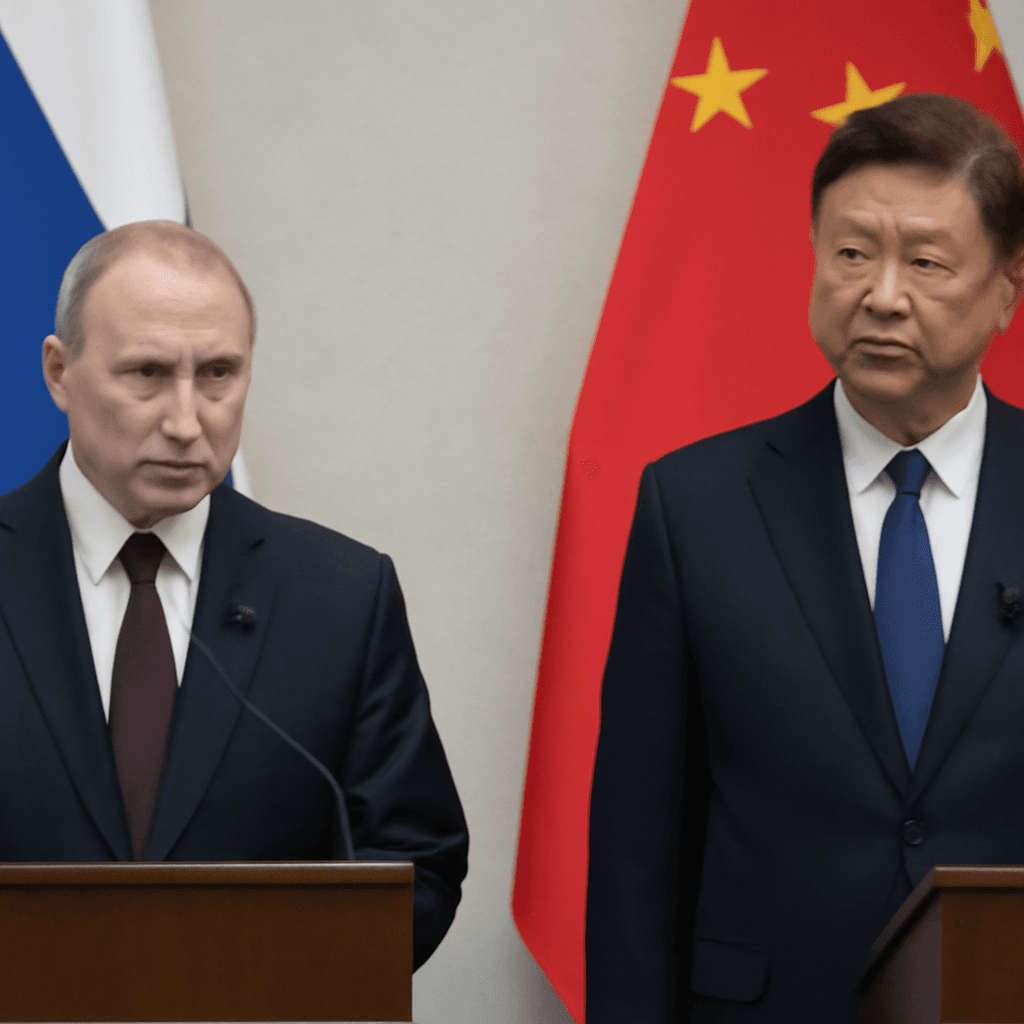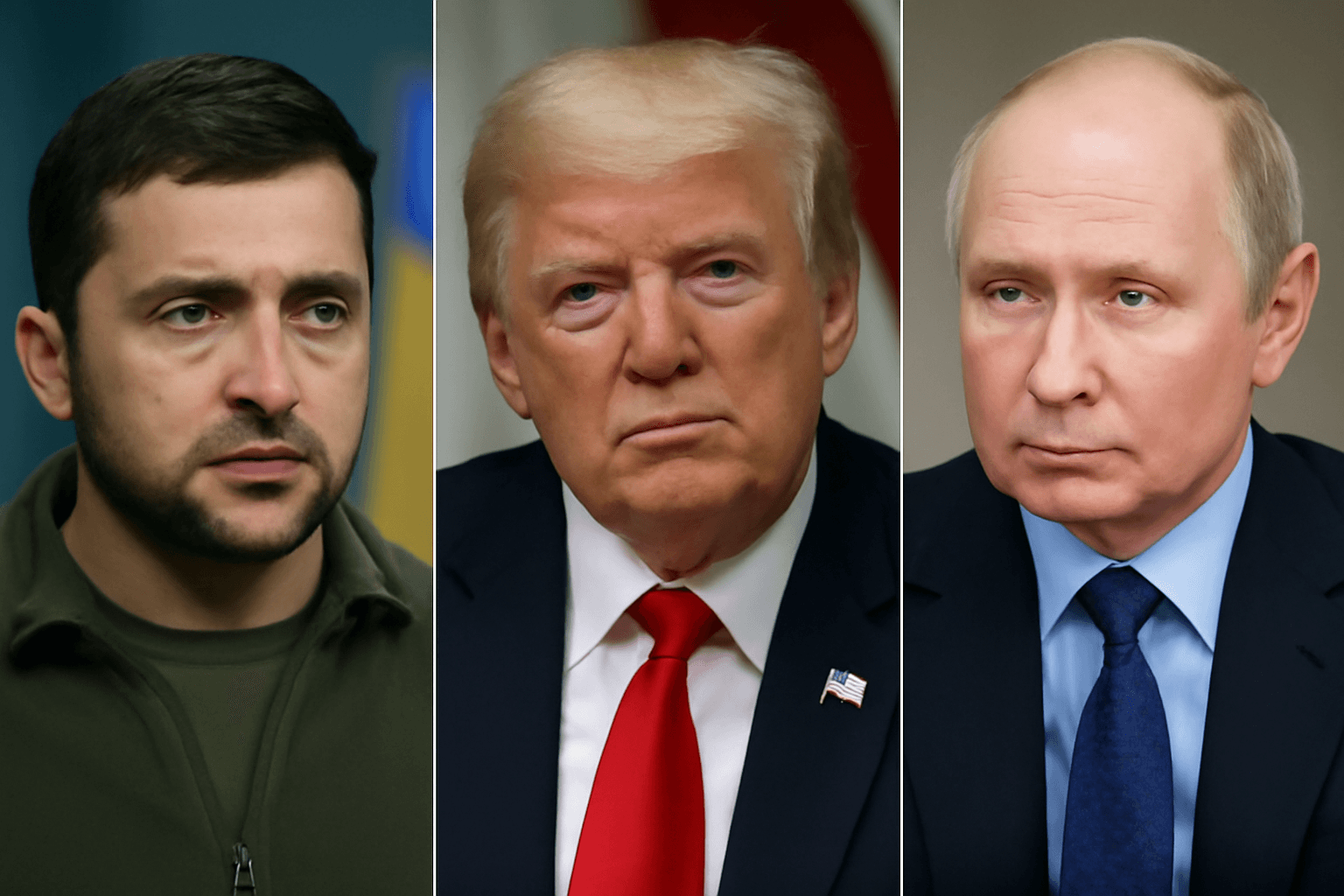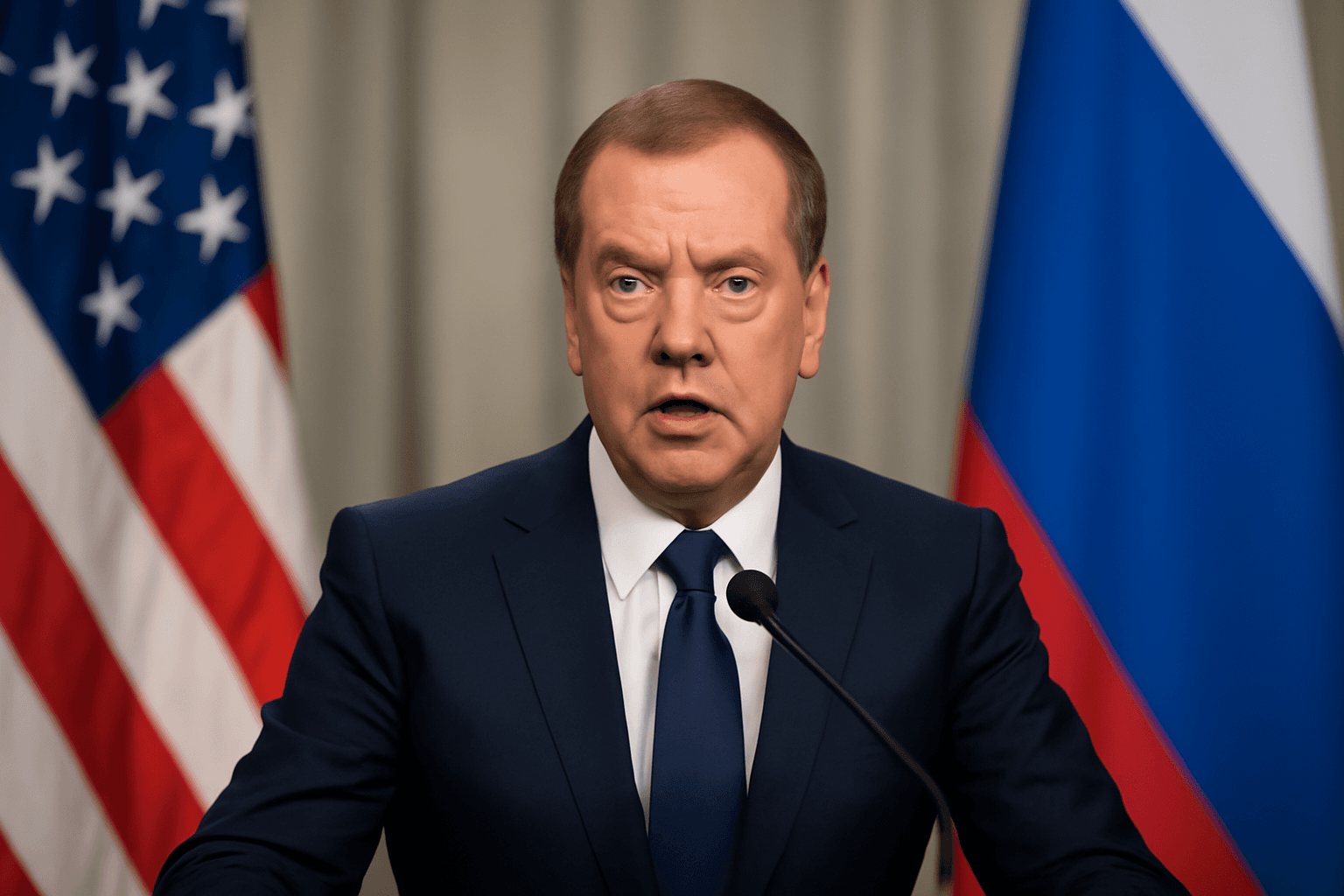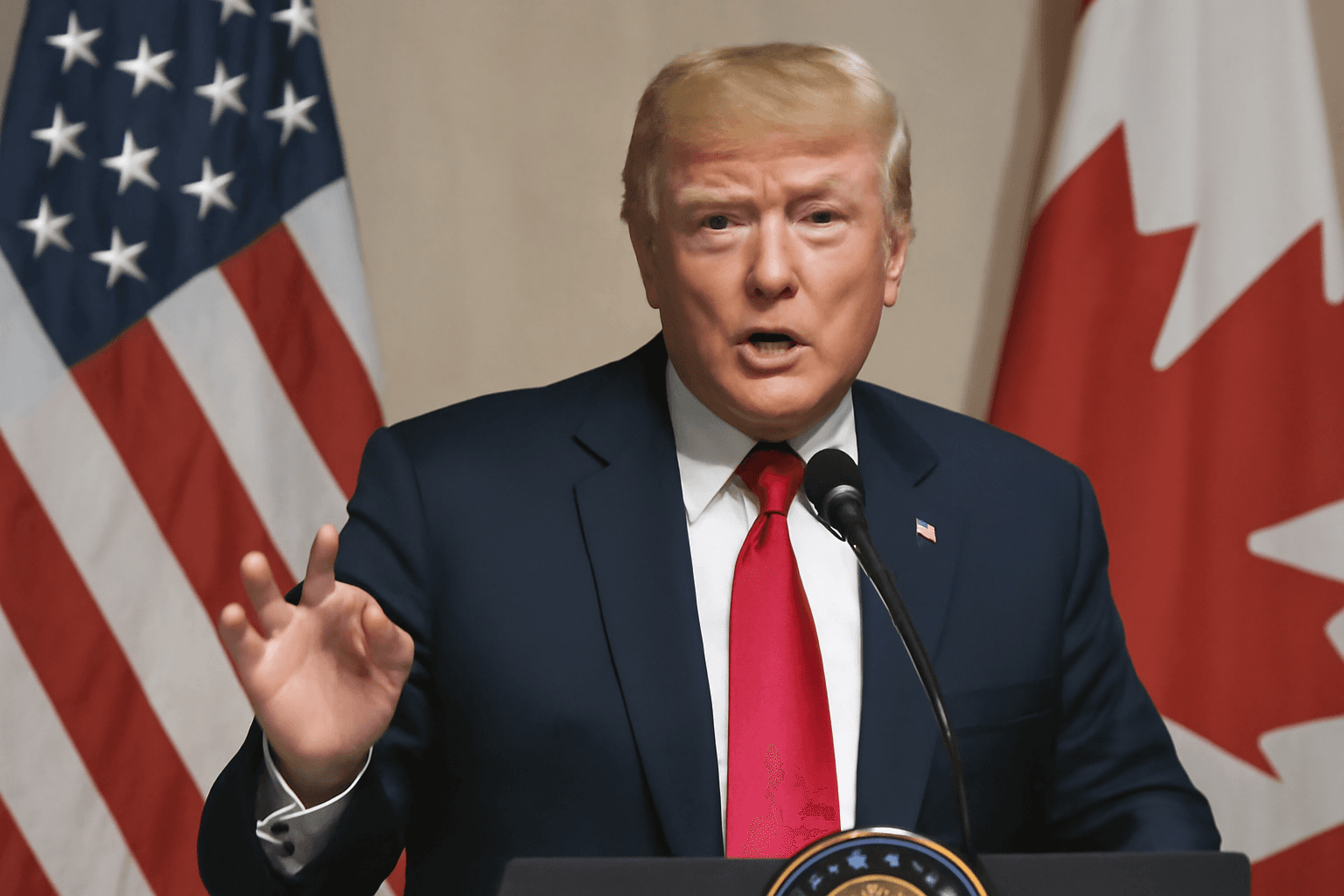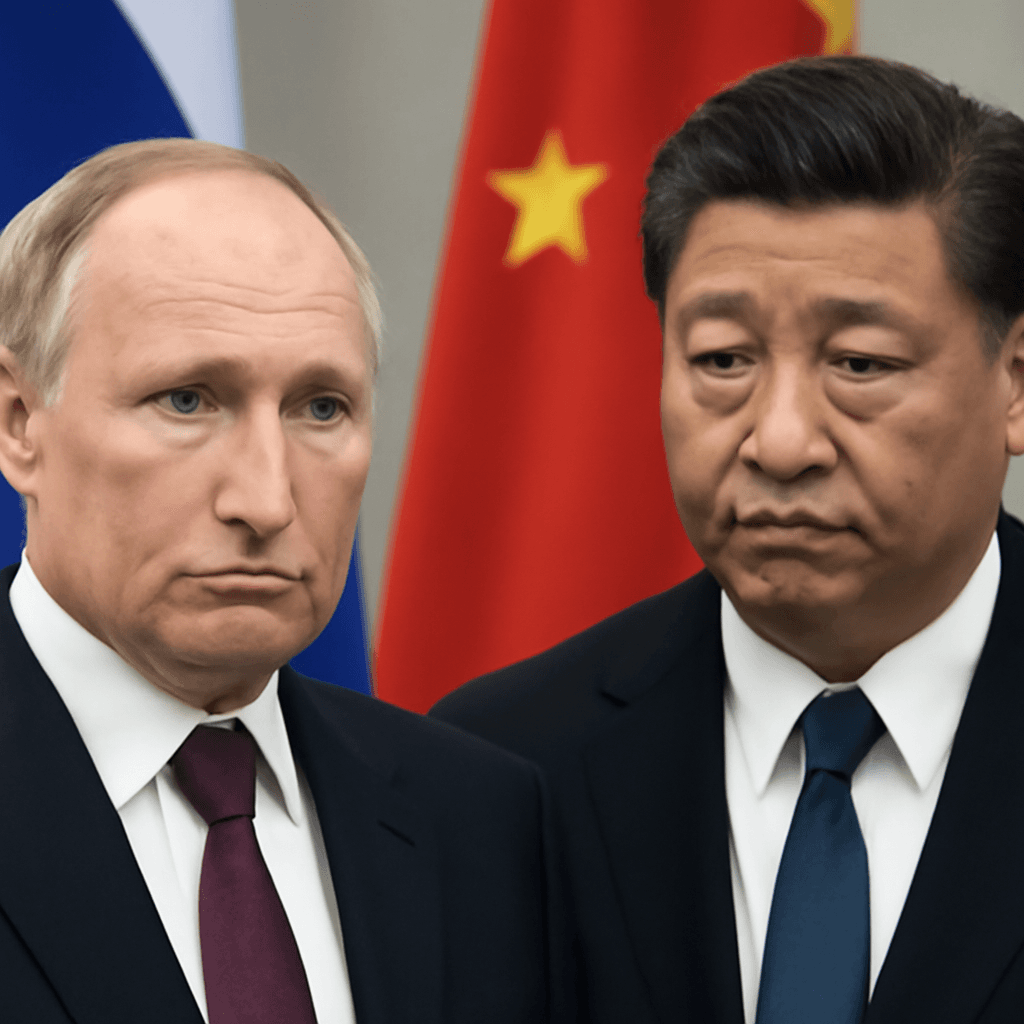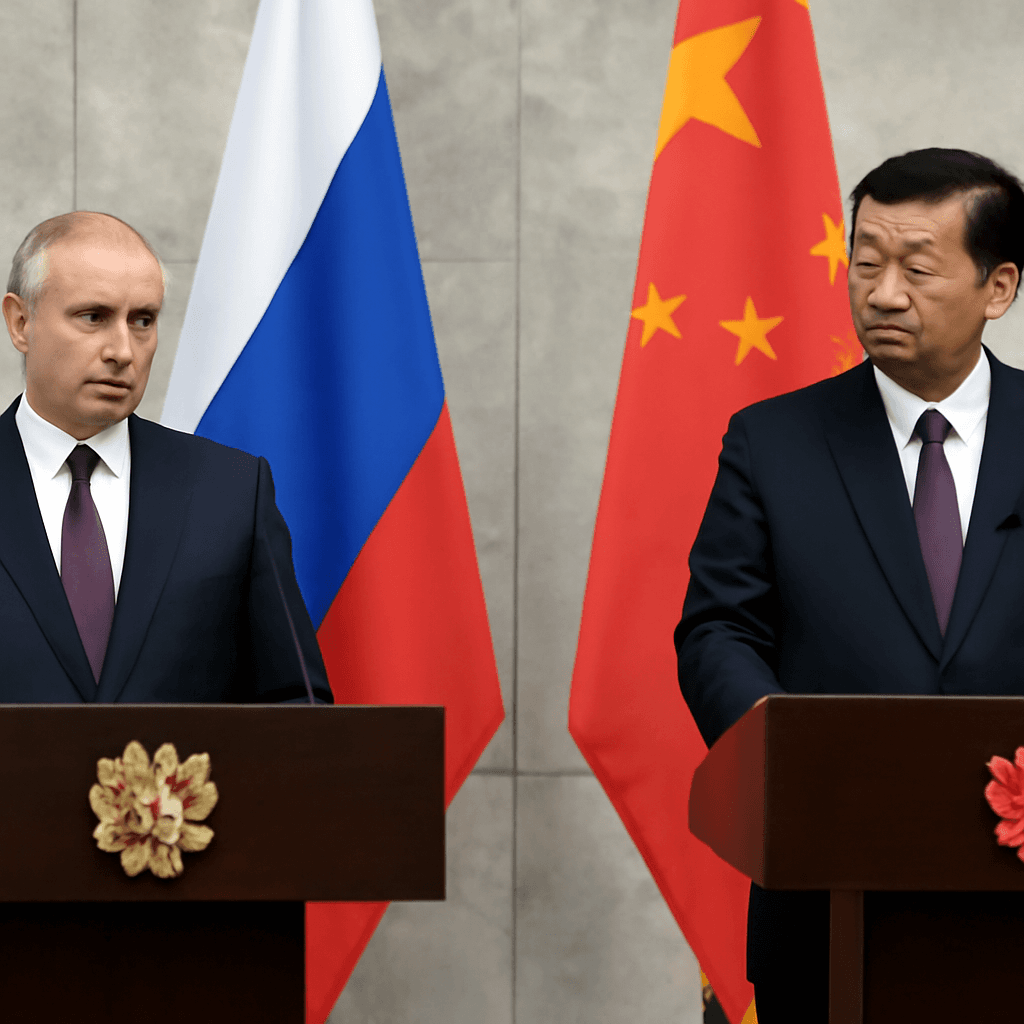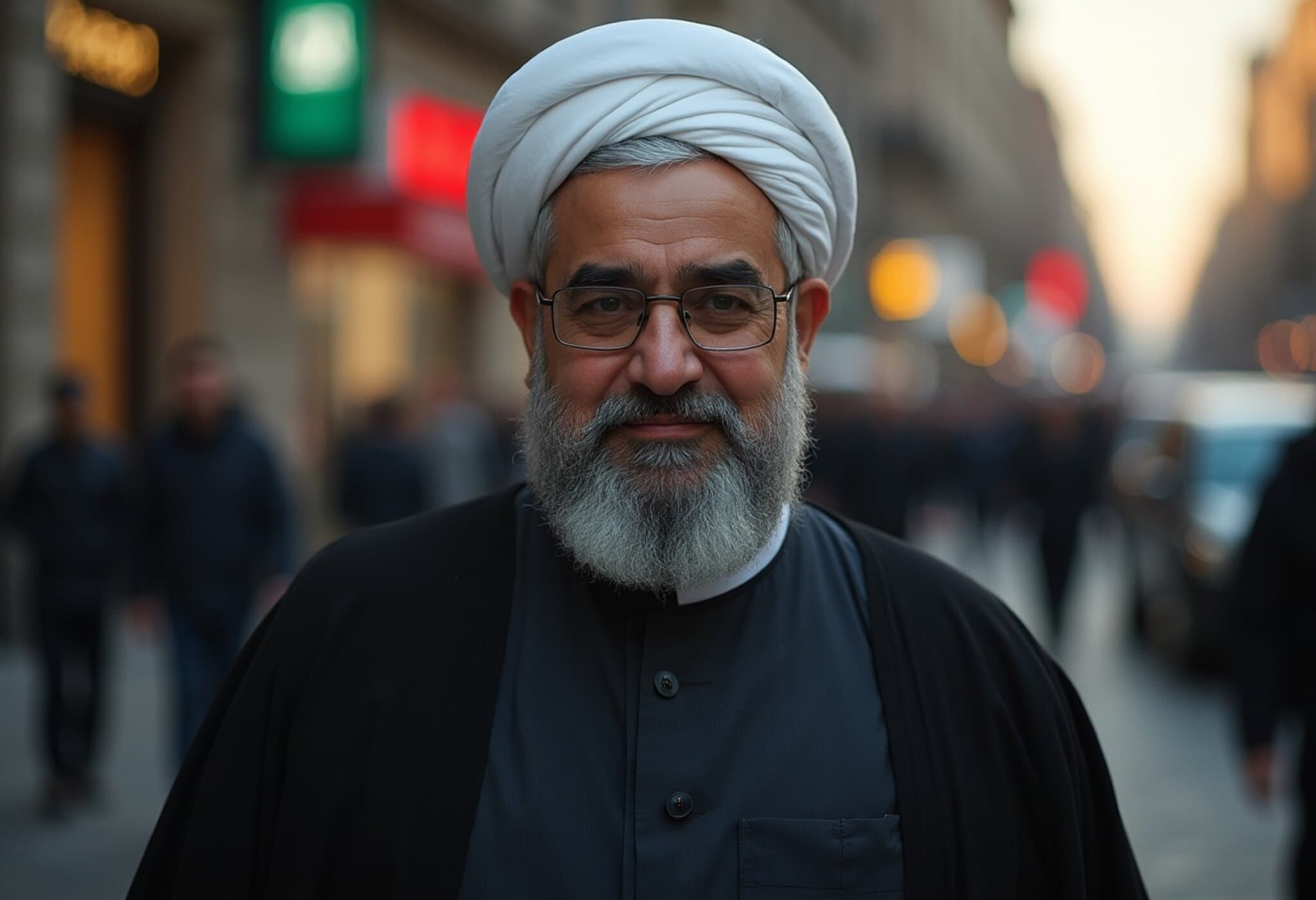Russia’s Public Alliance with China Masks Deep-Seated Distrust
While President Vladimir Putin proudly describes the relationship with China as a "strategic golden era," an internal intelligence document tells a different story. Behind closed doors, Russia’s Federal Security Service (FSB) sees China not as an ally but as a significant threat.
FSB Memo Reveals Espionage and Suspicion
A leaked confidential eight-page memo from the FSB exposes concerns over Chinese espionage targeting Russian military, scientific, and geopolitical domains. The document, drafted between late 2023 and early 2024 and verified by multiple intelligence sources, details intense surveillance and counterintelligence efforts against Chinese operatives.
Chinese Intelligence Efforts Under Microscope
- Attempts to recruit Russian scientists and officials
- Infiltration efforts aimed at acquiring advanced Russian military technologies
- Surveillance on Russia’s military operations in Ukraine to study Western weaponry and tactics
The memo warns of potential covert territorial ambitions, revealing suspicions that Chinese academics and researchers may be preparing grounds for future claims on Russian territories. The Arctic region, fraught with strategic resources, is highlighted as an intelligence hotspot due to Chinese mining and academic activities suspected to be fronts for espionage.
Countermeasures Amid Rising Fears
In response to the mounting threat, Russia launched a counterintelligence initiative dubbed “Entente-4” just days before the 2022 outbreak of war in Ukraine. This program harkens back to historical alliances but serves a modern purpose: to prevent Chinese penetration at a time when Russia’s focus was heavily directed towards the west.
Since then, surveillance of individuals linked to China has intensified, particularly monitoring the popular Chinese messaging app WeChat. The FSB reportedly employs specialized hacking tools to extract data and monitor communication channels.
Mutual Distrust Between Moscow and Beijing
The document also reveals a complex layer of suspicion on the Chinese side. Chinese agents returning from Russia undergo polygraph testing, while Russians living in China—especially students or those married to Chinese citizens—are seen as prime targets for recruitment by Beijing.
A Delicate Diplomatic Balancing Act
Despite these security concerns, Russian intelligence operatives are discreetly instructed to avoid publicizing any threats posed by Chinese espionage. This tightrope walk reflects a desire to maintain the façade of a "no-limits" partnership without letting covert tensions spill into diplomatic friction.
Experts are divided on what this means for the future of Sino-Russian relations. Some see a window for Moscow to pivot away from Beijing with the right diplomatic approach. Others believe Putin is fully aware of the risks but calculates that the economic and geopolitical benefits overshadow the concerns.
Economic Lifeline Amid Sanctions
China has become critical for Russia’s survival in the face of Western sanctions, providing vital consumer goods and military components. Over 40 high-profile meetings between Putin and Chinese President Xi Jinping in recent years underscore the strategic depth of their alliance.
For now, this partnership remains intact, veiling an undercurrent of mistrust rooted in espionage, strategic competition, and mutual caution.

